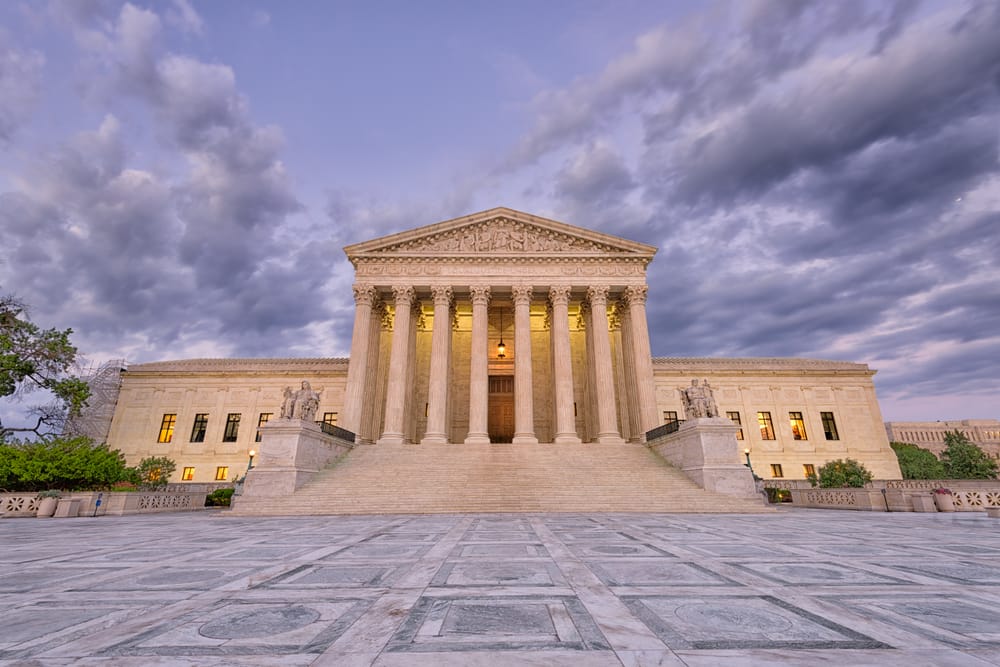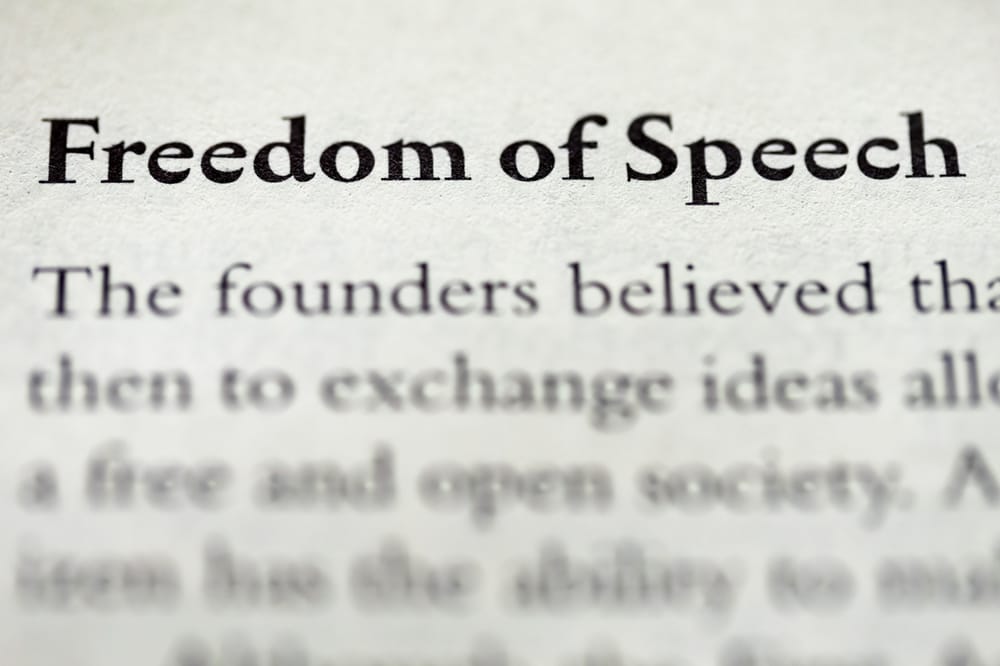The United States Supreme Court stands as the pinnacle of the American judiciary system. Its judgments often have a far-reaching impact, shaping the legal landscape for years to come. A crucial aspect of this influence lies in the doctrine of precedent, where past decisions guide the interpretation and application of the law in subsequent cases. This article delves into the most cited U.S. Supreme Court cases in subsequent opinions or dissents, highlighting their lasting significance in American jurisprudence.
Research:
Utilizing resources available on Etalia.ai, an exploration into the most cited Supreme Court cases unveils a rich tapestry of legal thought. The frequency with which certain cases are cited reflects their foundational nature in the American legal framework.
List and Examination of Cases:
Click the link on the case names to further explore on Etalia.ai.
- Summary: This landmark case established the principle of judicial review, granting the Supreme Court the authority to review and possibly invalidate government actions that violate the Constitution.
- Significance: As a cornerstone of American constitutional law, Marbury v. Madison is often cited in cases concerning the balance of power among the federal branches.
Brown v. Board of Education (1954)
- Summary: This pivotal case declared racial segregation in public schools unconstitutional, overturning the prior “separate but equal” doctrine from Plessy v. Ferguson (1896).
- Significance: Brown is frequently cited in cases addressing civil rights and equal protection under the law.
- Summary: This case mandated the now-famous Miranda warnings, requiring law enforcement to inform suspects of their rights during custodial interrogation.
- Significance: Miranda serves as a pillar for defendants' rights, being routinely cited in criminal cases.
- Summary: This landmark ruling recognized a woman's constitutional right to have an abortion under the Fourteenth Amendment's Due Process Clause, significantly impacting reproductive rights jurisprudence.
- Significance: Roe v. Wade is routinely cited in cases concerning reproductive rights, privacy, and personal autonomy.
- Summary: This case established the right to counsel for indigent defendants in criminal trials under the Sixth Amendment, significantly broadening the scope of the right to a fair trial.
- Significance: Gideon v. Wainwright is often cited in cases addressing the rights of criminal defendants and the provision of public defenders.
New York Times Co. v. Sullivan (1964)
- Summary: The Court in this case established the "actual malice" standard for defamation claims against public officials, expanding First Amendment protections for freedom of the press.
- Significance: It's a fundamental case cited in First Amendment litigation concerning defamation and freedom of the press.
Griswold v. Connecticut (1965)
- Summary: This case recognized a constitutional right to privacy in striking down a state law prohibiting contraceptive use, paving the way for later privacy and reproductive rights cases.
- Significance: Griswold v. Connecticut is a bedrock case for discussions of privacy rights and often cited in cases concerning personal autonomy and reproductive rights.
- Summary: The Court ruled that executive privilege cannot be used to withhold evidence in criminal trials, affirming the rule of law and the principle of checks and balances.
- Significance: This case is often cited in matters concerning executive privilege and the separation of powers.
Chevron U.S.A., Inc. v. Natural Resources Defense Council, Inc. (1984)
- Summary: This case established the "Chevron deference," a principle directing courts to defer to administrative agencies' interpretation of ambiguous statutes unless clearly unreasonable.
- Significance: Chevron is a cornerstone case in administrative law, frequently cited in cases dealing with the scope of agency authority and judicial review of administrative decisions.
- Summary: Overturning a previous ruling (Bowers v. Hardwick), the Court held that laws criminalizing homosexual intercourse violate the Fourteenth Amendment's Due Process Clause.
- Significance: This case is often cited in subsequent cases concerning LGBTQ+ rights and equal protection under the law.
Analysis:
A closer examination of the citation trends reveals that cases altering constitutional interpretation or clarifying fundamental rights tend to be cited most frequently. These rulings serve as legal bedrock, continually guiding judicial thought and public policy.
Discussion on Recent Cases:
Recent Supreme Court decisions continue to draw upon these foundational cases. For instance, the 2020 case of Department of Homeland Security v. Regents of the University of California leaned heavily on the precedent set by Marbury v. Madison concerning judicial review.
The recurring citation of these monumental cases underscores their enduring relevance in American law. Through each citation, the Supreme Court reaffirms the principles established in these seminal cases, weaving a rich legal narrative that continues to evolve with each passing judgment.
We invite our readers to share their thoughts on these seminal cases and their lasting impact on U.S. law. Are there any recent Supreme Court decisions that you believe will be highly cited in the future? Join the discussion below!
This template provides a structured approach, blending legal analysis with engaging storytelling to inform readers about the enduring influence of key Supreme Court decisions. Remember to conduct thorough research to ensure accuracy in discussing these significant legal precedents. Etalai.ai provides access to the PDF's of opinions and dissents as well as the audio and written transcripts of the oral arguments of cases where provided.








